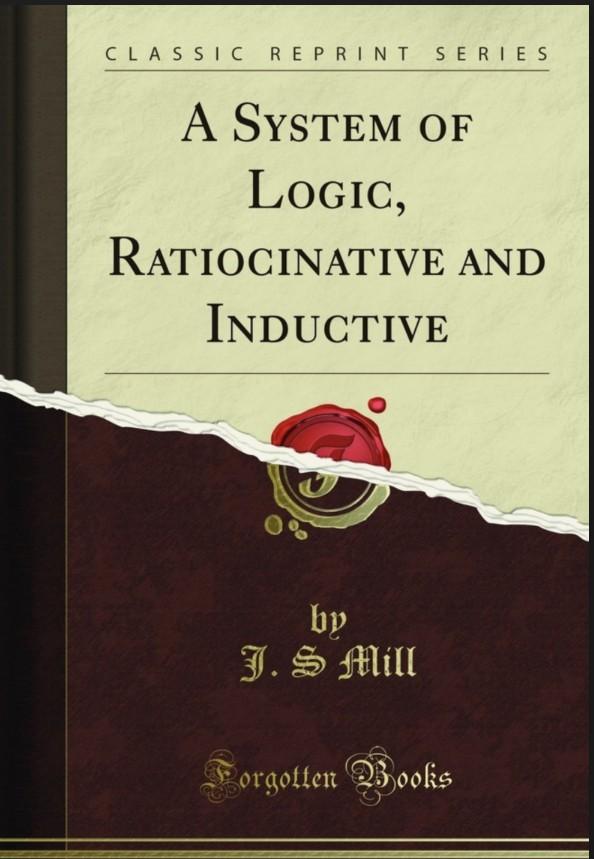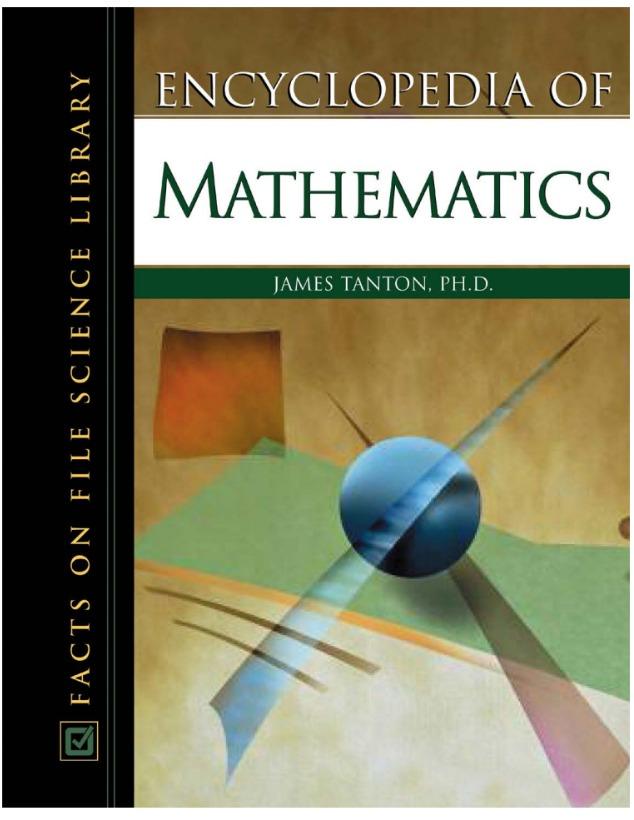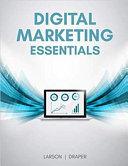Sebanyak 24 item atau buku ditemukan
Gregory and Stuart have revamped this definitive text to mirror major changes within the global economy of the 21st century. In addition to a new title, the book now features more emphasis on transition, the acceleration of globalization, present trading agreements, and recent exchange rate regimes. The authors have incorporated the latest ideas on privatization, the changing role of the state, and developments in corporate governance. The discussion of key regional clusters covers Asia, as well as Western and Eastern Europe—giving students a wide variety of case studies for comparison.
Gregory and Stuart have revamped this definitive text to mirror major changes within the global economy of the 21st century.
